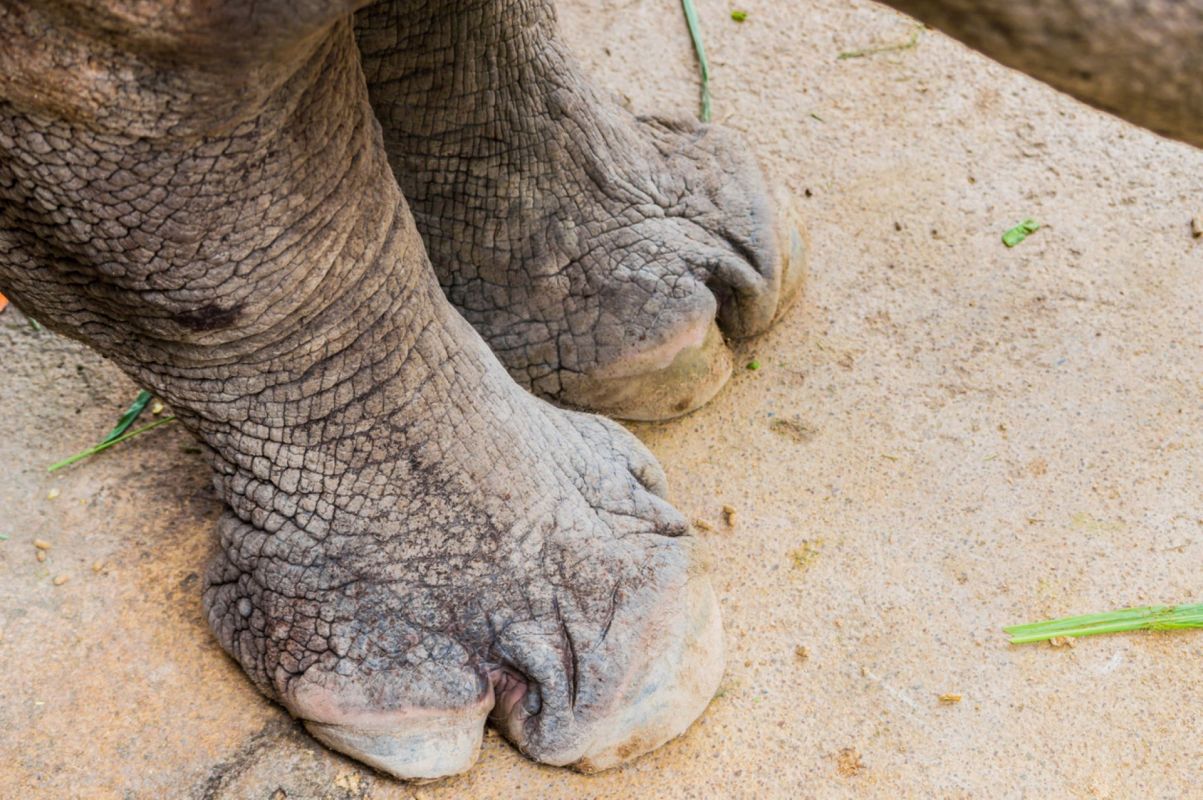The eastern black rhino is one of the world's most critically endangered species, with just over 1,000 remaining in the wild as of 2017 and possibly fewer than 600 today. However, conservationists have continued to breed these mammals in captivity, and a new baby eastern black rhino was just born at Chester Zoo in England.
The baby rhino does not yet have a name, but zookeepers say, "She's very inquisitive and full of energy, which is just brilliant to see." Her mother, Zuri, was pregnant with the calf for 15 months.
She gave birth during the daylight, allowing the zookeepers to film it for posterity and post the footage on the zoo's website.
"So far, [Zuri and her calf] have been inseparable and the little one is feeding regularly and already gaining in size and weight," Chester Zoo rhino team manager Emma Evison told The Guardian.
While this effort to add one more eastern black rhino — "one of the world's rarest mammals," per the Guardian — to its population was successful, the species still faces an uphill battle to continue to survive in the wild. Rhinos as a whole have become critically endangered as a result of hunting and poaching for their (now illegal-to-sell) keratin horns, and eastern black rhinos are among the most endangered.
Further, although many countries have taken steps to prevent poaching, rhinos also face the threat of habitat loss as a result of human activity.
Breeding the species in captivity has been a big part of the overall conservation effort. A group of rhinos bred in European zoos has been relocated to Rwanda's Akagera National Park.
There is still some room for optimism for the survival of the eastern black rhino. According to the Chester Zoo, "new figures released this year show that, for the first time in more than a decade, rhino numbers have increased slightly across Africa due to successful conservation efforts."
Editor's note: A previous version of this article referred to rhinoceros horns as ivory horns. It has since been updated to reflect that they are keratin horns. We regret the error.
Join our free newsletter for weekly updates on the coolest innovations improving our lives and saving our planet.









